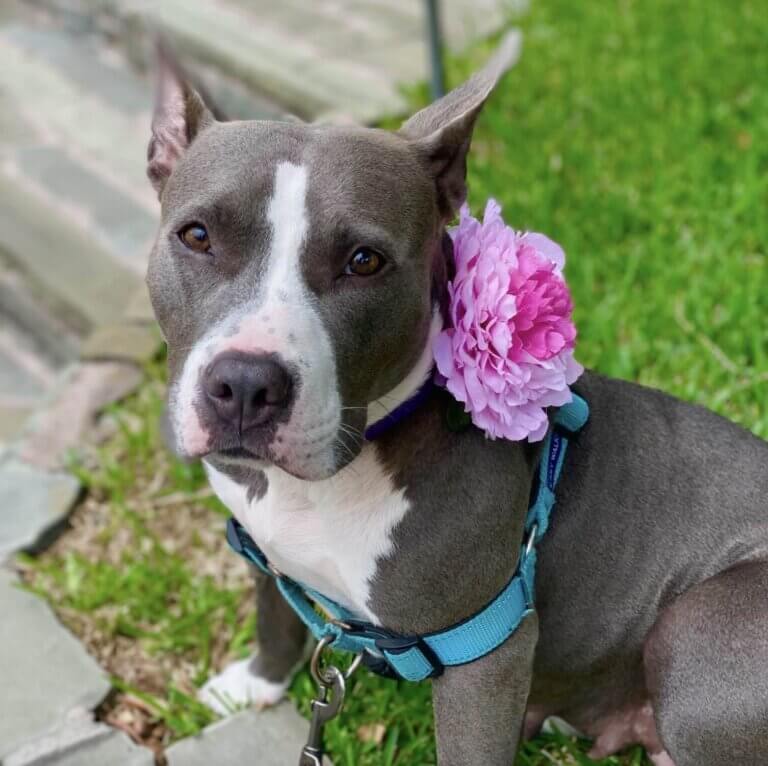As pet owners, we strive to ensure that our furry companions are receiving the best possible nutrition to keep them healthy and happy. However, sometimes our pets’ dietary needs change, and because they can’t vocalize their needs, it’s important to watch for changes in your pet’s health, behavior, and appearance. Here are five common signs that it may be time to change your pet’s diet.
Weight Gain or Weight Loss
If you notice that your pet is putting on weight or losing weight, it may be a symptom of their current diet. When a pet does not receive the right balance of nutrients, it can drastically affect their weight. This change may be brought on by overfeeding or not providing enough protein, fat, or carbs.
Dull Coat or Skin Issues
A healthy, balanced diet is the key to a shiny coat and healthy skin. If you notice your pet’s coat is looking dull, shedding excessively, or dry, or if your pet has begun experiencing uncomfortable itching or redness, it may be a sign that you need to reassess their diet.
Gastrointestinal Problems
If you’re waking up to a mess of diarrhea or vomiting, or if you notice your pet has not been able to relieve themselves regularly, it’s time to re-evaluate their diet. When a pet is experiencing intolerance to their diet, it is not uncommon to see gastrointestinal issues, which must be addressed right away.
Lack of Energy
Just like humans, your pet uses their food as fuel. A healthy diet must be able to provide your pet with a substantial amount of energy to be active and playful. If you notice that your pet has become increasingly lazy or lethargic, it may be due to a nutrient deficiency.
Chronic Health Issues
Certain chronic health issues, including diabetes or kidney disease, require a specific diet. Although their diet may not evoke these issues, their diet certainly supports their health and curbs the symptoms of chronic illnesses.
If you notice any of these signs in your pet, it’s crucial to contact your local veterinarian to assess the state of your pet’s health and to determine the best course of action for their dietary needs!


